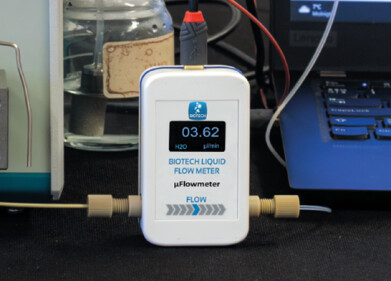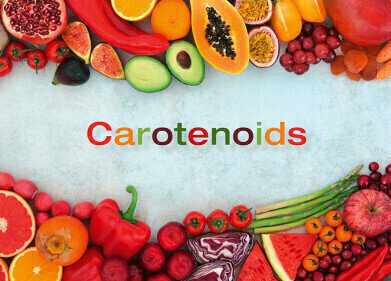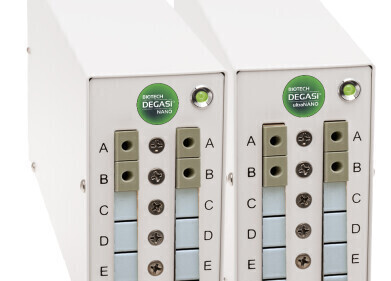HPLC, UHPLC
Can a Japanese Herbal Remedy Help Dementia Patients - Chromatography Helps
May 16 2020
Dementia can be a devastating condition that can in some cases slowly rob people of their lives. It is estimated that there are currently 850,000 people living with dementia in the UK - and due to the low diagnosis rate and mild early-stage symptoms this is likely to be a gross underestimate. It is estimated that 1 in 3 people born in the UK this year will develop dementia in their lifetime.
Currently there are no cures for dementia. But if the right diagnosis is given in its early stages, there are ways its onset can be slowed down. But researchers and scientists are searching for treatments continually. A recent study published in Nature’s Scientific Reports - Brain distribution of geissoschizine methyl ether in rats using mass spectrometry imaging analysis - by scientists in Japan has focused on yokukansan and one of its main active ingredients. Let’s take a closer look at dementia and see how chromatography might play a role in developing treatments.
Getting to grips with dementia
Dementia is a condition that is caused by a number of brain disorders. It causes a reduction in the ability to function on a daily basis due to cognitive impairment, behavioural changes and coping with activities such as shopping, driving and dressing. A diagnosis of dementia usually means that there has been a deterioration over time from a higher level of functioning and memory loss of recent events, although long-term memory is usually fine.
The main causes of dementia are:
- Alzheimer’s disease - 50% of dementia cases are caused by Alzheimer’s disease. It is a degeneration of the cerebral cortex and is often associated with amyloid plaque formation.
- Vascular dementia - the next biggest cause of dementia, 25% of cases. This is associated with brain damage due to cerebrovascular disease such as a stroke or changes in brain blood vessels.
Japanese herbal remedy - crossing the barrier
In recent years, the Japanese herbal medicine yokukansan has been used in Japan as a treatment for dementia. For thousands of years yokukansan has been used to control night terrors in children and as a means of controlling restlessness and aggression in children. And in 2010, the Japanese Society of Neurology recommended yokukansan for the management of dementia symptoms.
The scientists behind the paper referenced above were interested in seeing if the active components of yokukansan crossed the blood brain barrier in in vivo animal trials. Getting medicines to cross the blood brain barrier is one of the difficulties in getting medicines into the brain. Using liquid chromatography, the team were able to demonstrate the active ingredients did indeed cross the barrier. The use of chromatography in biological applications is discussed in the article, Online Solid Phase Extraction and LC/MS Analysis of Thyroid Hormones in Human Serum. The study shows that it is possible to deliver ingredients into the brain which might help in the treatment of dementia.
Digital Edition
Chromatography Today - Buyers' Guide 2022
October 2023
In This Edition Modern & Practical Applications - Accelerating ADC Development with Mass Spectrometry - Implementing High-Resolution Ion Mobility into Peptide Mapping Workflows Chromatogr...
View all digital editions
Events
ACS National Meeting - Fall 2024
Aug 18 2024 Denver, CO, USA
Sep 04 2024 Chiba, Tokyo, Japan
Sep 04 2024 University of Warwick, Coventry, UK
Sep 10 2024 Rockville, MD, USA
Plastics Recycling World Expo Europe
Sep 11 2024 Brussels, Belgium














